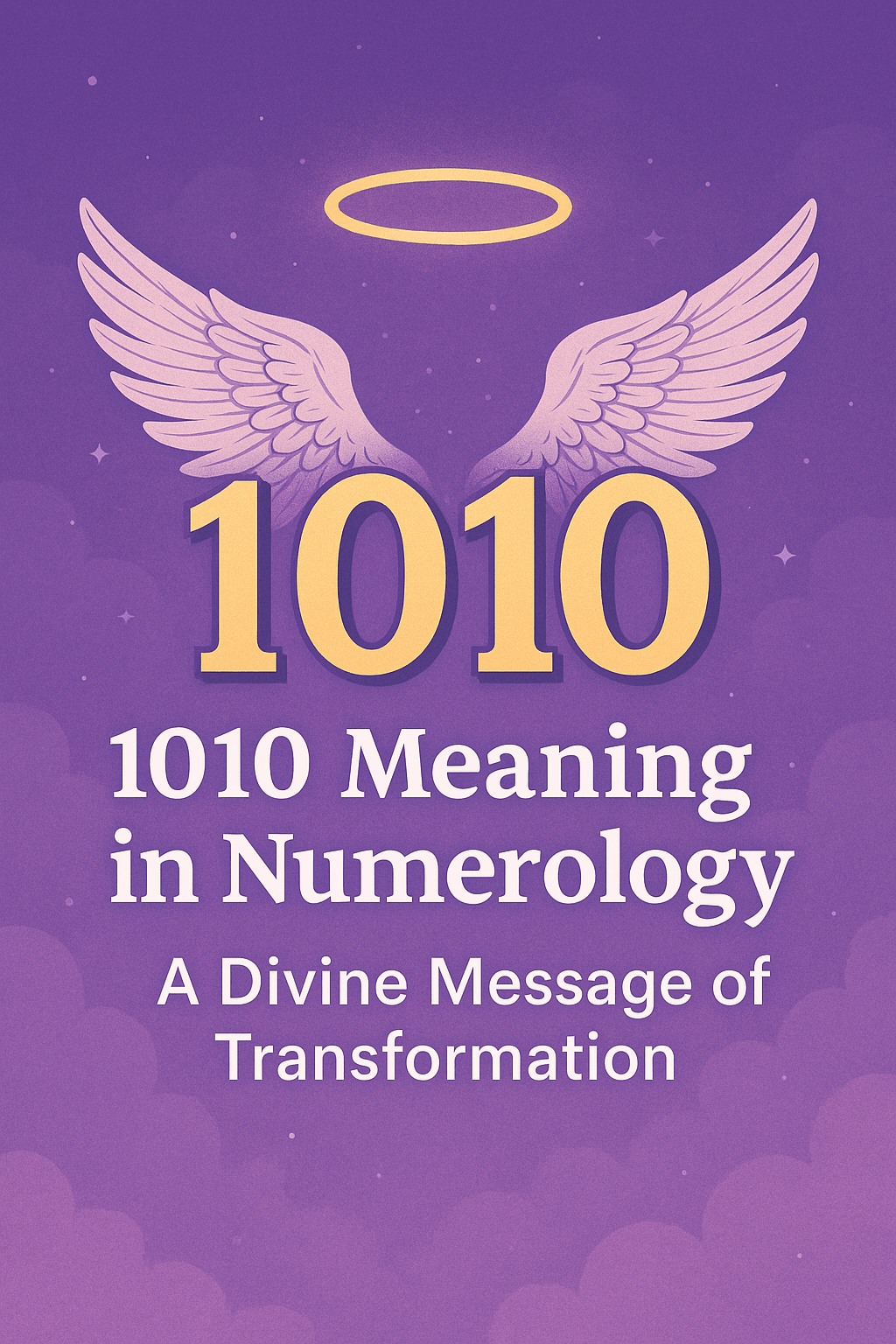Why Numerology Is Wrong
Numerology, a practice rooted in assigning mystical meanings to numbers, has faced scrutiny for its lack of empirical foundation. The arbitrary nature of numerological interpretations and the absence of standardized methodologies raise questions about its credibility. Additionally, the prevalence of confirmation bias further clouds the accuracy of numerological predictions. As we explore the reasons behind why numerology is considered faulty, we unearth a deeper layer of complexity that challenges the very essence of this widely popular but scientifically unsupported practice.
Key Takeaways
- Lack of scientific validity undermines credibility and validity of numerology.
- Subjectivity and interpretation issues introduce inconsistencies and biases in numerological analyses.
- Influence of confirmation bias skews perceptions and reinforces beliefs without empirical basis.
- Numerical misinterpretations and errors lead to fallacies and inaccurate conclusions in numerology.
- Reliance on anecdotal evidence and lack of consistency among practitioners weaken the reliability of numerology.
Lack of Scientific Validity

Numerology's lack of scientific validity is a focal point of criticism within the academic and scientific communities. Scientific skepticism and critical analysis underpin these concerns. The absence of empirical evidence and peer-reviewed research articles challenges numerology's credibility.
Subjective interpretations and arbitrary associations between numbers and concepts further diminish its scientific standing. Numerology's reliance on individual perceptions and lack of standardized methodologies hinder its acceptance as a scientific discipline.
Despite its popularity for spiritual guidance, numerology's failure to meet scientific standards raises doubts about its accuracy and reliability. In the realm of academia and scientific inquiry, numerology's assertions remain unsubstantiated and fall short of the rigorous scrutiny demanded by empirical research.
Subjectivity and Interpretation Issues
Subjectivity and interpretation issues in numerology arise due to the lack of standardized methodologies and the arbitrary associations made between numbers and concepts.
Subjectivity challenges emerge as practitioners may interpret numbers differently based on personal beliefs or experiences, leading to inconsistencies in readings.
Interpretation biases further complicate numerological analyses, as individuals may unconsciously favor interpretations that align with their preconceived notions.
This lack of uniformity in interpretation hinders the reliability and credibility of numerological readings. Without objective standards to guide the interpretation process, numerology remains susceptible to subjective biases, making it challenging to establish a concrete and universally accepted framework for deriving meaning from numbers.
Influence of Confirmation Bias

The prevalence of confirmation bias significantly impacts the practice and perception of numerology, influencing how individuals interpret and validate numerical patterns. Effects of bias, such as selective perception and interpretation bias, play a crucial role in shaping beliefs within numerology.
Individuals tend to seek confirmatory evidence that aligns with their preconceived notions, potentially overlooking contradictory information. This cognitive influence can lead to an overemphasis on numerical patterns or coincidences, reinforcing existing beliefs rather than fostering objective analysis.
Numerical Misinterpretations and Errors
The potential for misinterpretations and errors in numerical analysis becomes apparent when considering the impact of confirmation bias on the practice and understanding of numerology. Misleading interpretations can arise from misjudging the value of zero, rounding off numbers inaccurately, or misusing ratios without proper context, leading to numerical fallacies.
Relying solely on averages may obscure important variations within data sets, emphasizing the need to consider the distribution and spread of values. Careful handling of complex calculations and formulas is essential to avoid significant errors in numerical analysis.
Reliance on Anecdotal Evidence

Relying on anecdotal evidence in numerology can introduce biases and inaccuracies in interpretations. While personal experiences and anecdotes might offer insights into the emotional impact of numerology, they should be approached with skepticism.
Enthusiasts often share stories of accurate predictions and how numbers have influenced their lives. However, these anecdotes lack the scientific rigor needed to validate numerological claims objectively. Anecdotal evidence can be influenced by subjective perceptions and selective memory, leading to a confirmation bias in interpreting numerical patterns.
To ensure a more reliable assessment, it is crucial to back such claims with unbiased evidence and scientific studies rather than solely relying on personal stories. Emotional connections to specific numbers should be analyzed critically to separate genuine effects from mere coincidences.
Lack of Consistency Among Practitioners
In the practice of numerology, variations in interpretations and assigned meanings among different practitioners highlight the lack of consistency in this field. Inconsistent interpretations and practitioner disagreements are common occurrences, leading to confusion and a lack of unified principles in numerology.
Practitioners may diverge in their approaches to analyzing numbers, attributing different meanings to the same numerical combinations, and offering conflicting advice based on their individual methods. This lack of consistency undermines the credibility of numerology as a whole, as there is no standardized framework or set of guidelines that practitioners adhere to.
The discrepancies in interpretations contribute to the skepticism and criticism that numerology faces regarding its validity and reliability.
Popularity Vs. Empirical Support

Despite its widespread popularity, numerology lacks empirical support to substantiate its claims. While numerology trends continue to attract a large following seeking spiritual guidance and self-reflection, the absence of empirical research poses a significant challenge to its credibility.
The reliance on arbitrary connections between numbers and concepts without scientific backing raises concerns about the validity of numerological interpretations. Without empirical evidence and controlled experiments to validate its assertions, numerology remains a subjective practice based on individual beliefs rather than objective truths.
The lack of peer-reviewed research articles in reputable journals further diminishes numerology's standing as a scientifically supported discipline. Despite its enduring popularity, numerology's disconnect from empirical research hinders its ability to meet rigorous scientific standards and establish itself as a verifiable method of insight.
Conclusion
In conclusion, numerology's lack of scientific validity, subjective interpretations, confirmation bias, numerical misinterpretations, reliance on anecdotal evidence, and inconsistency among practitioners all contribute to its questionable credibility as a discipline.
The popularity of numerology does not equate to empirical support, highlighting the need for a more evidence-based approach in order to establish its legitimacy in the scientific community.
🔴 Need Clarity on your Situation?


